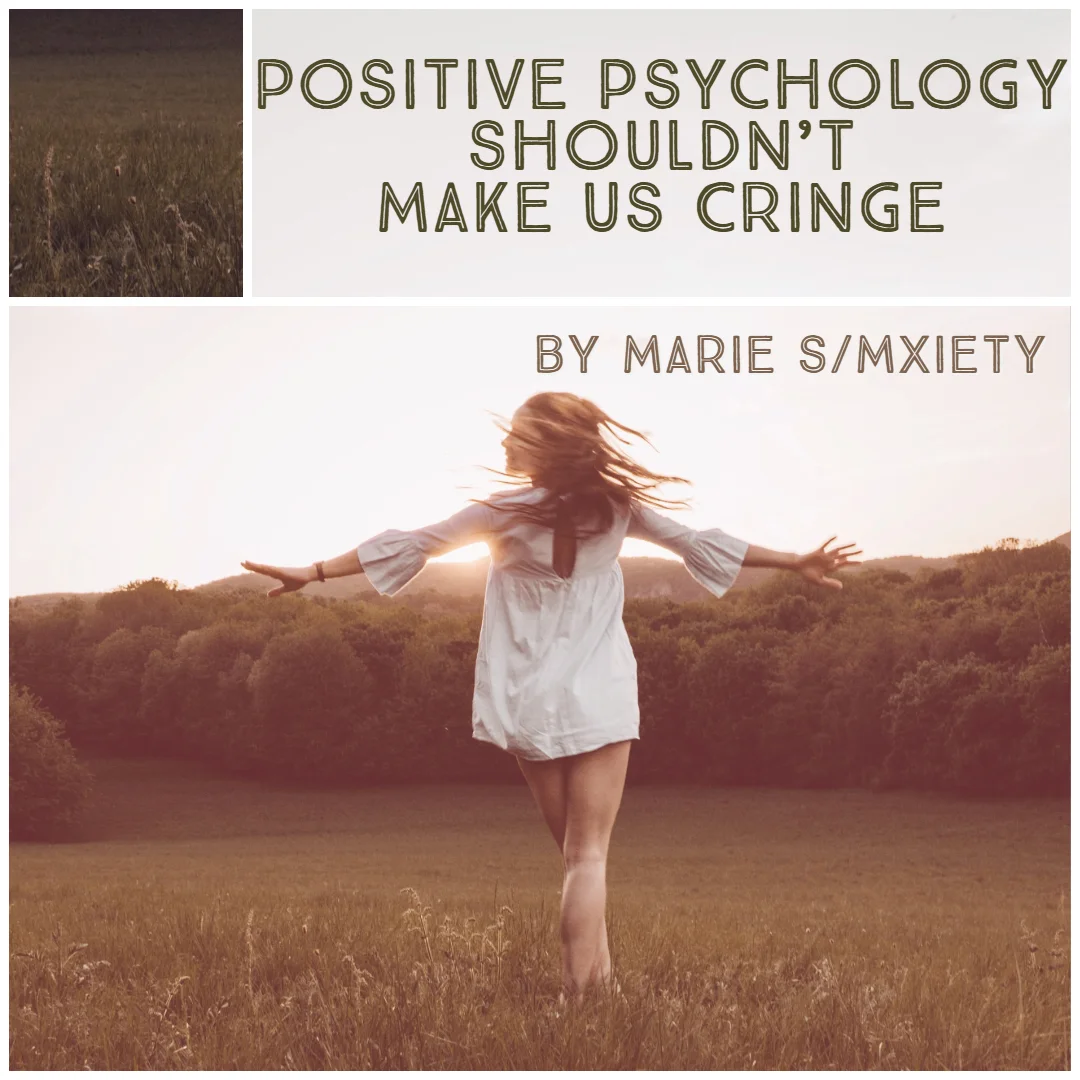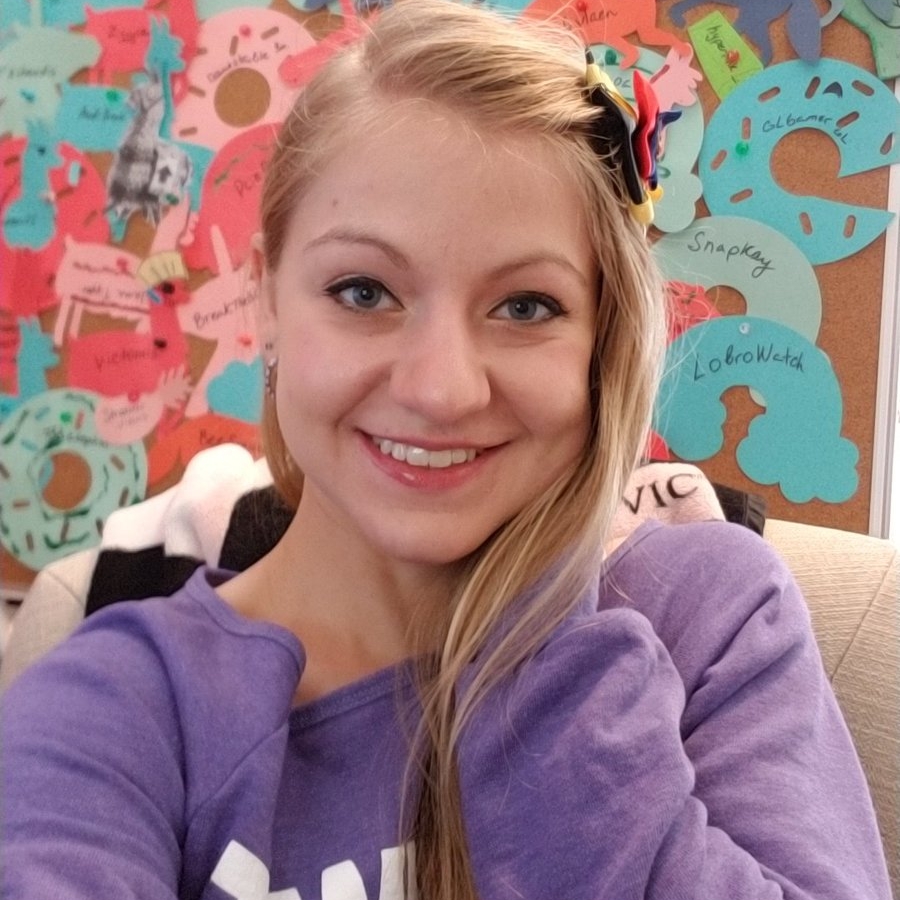A Disney Princess Inspired Me To Leave My Abusive Family
I remember at that moment thinking: “That’s so unkind.” Followed by an epiphany as I considered how I wasn’t allowed to go to a college four hours away because I “wouldn’t make it there.” Or how after looking at me for a minute I was once asked: “I don’t know how you’ll get anyone to love you if you keep gaining weight and have acne.”
Science Reminds Me I Am Small But I Need to ‘Think Big’
Beating depressive thoughts with perspective
Following Your Dreams Won't Fix Everything but Accepting Them Will
The most difficult thing to commit to, believe it or not, is failure. It’s hard on you mentally—it pulls on you, convincing you that you should commit to giving up. It feels easy at first because it’s all you know, but eventually, the weight of knowing you could have tried harder is too much to bear.





